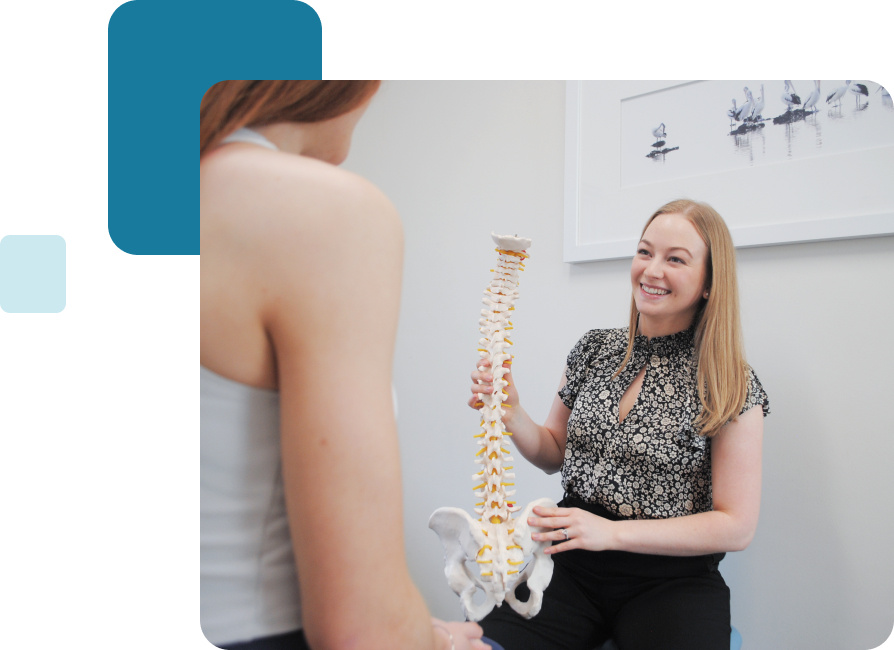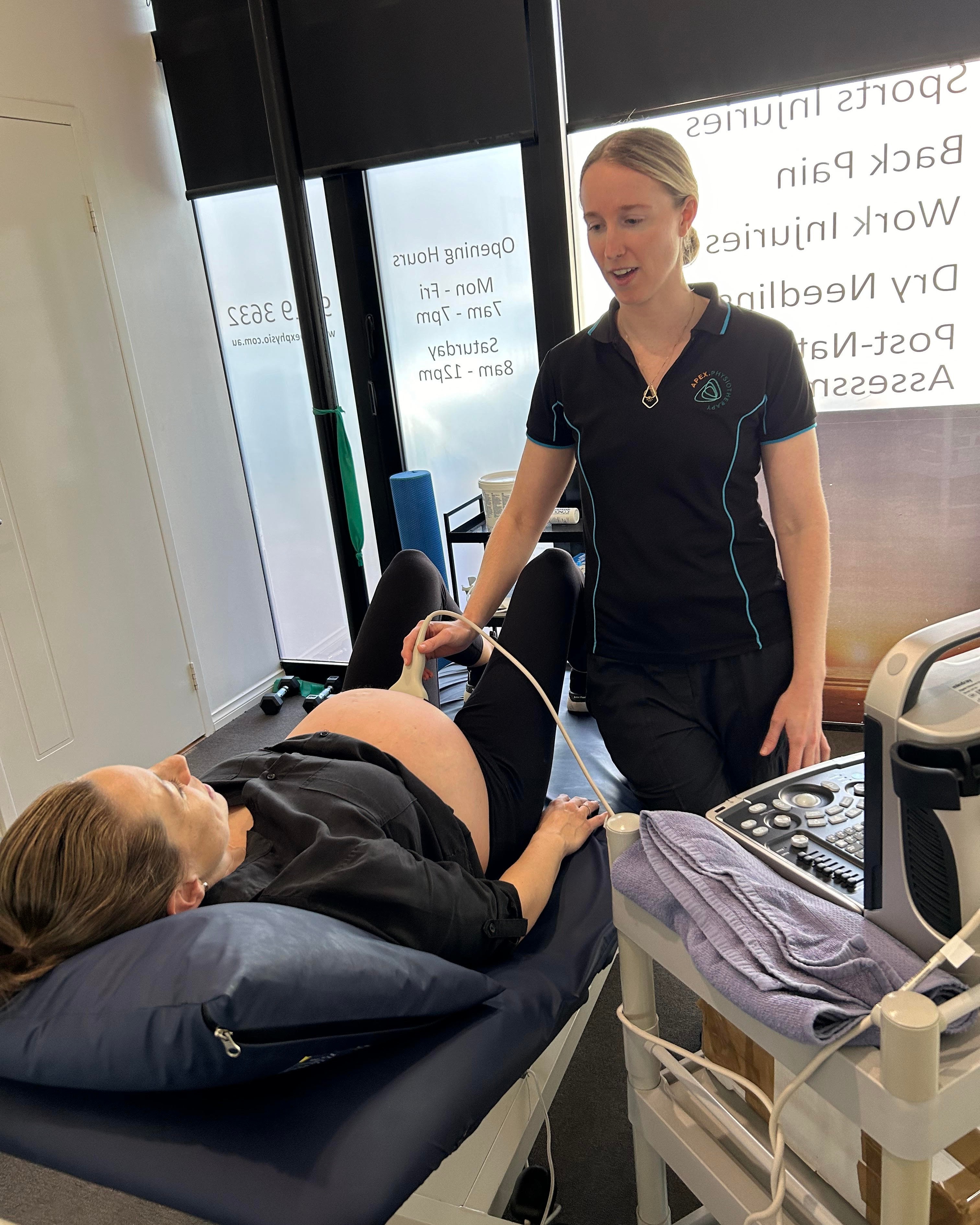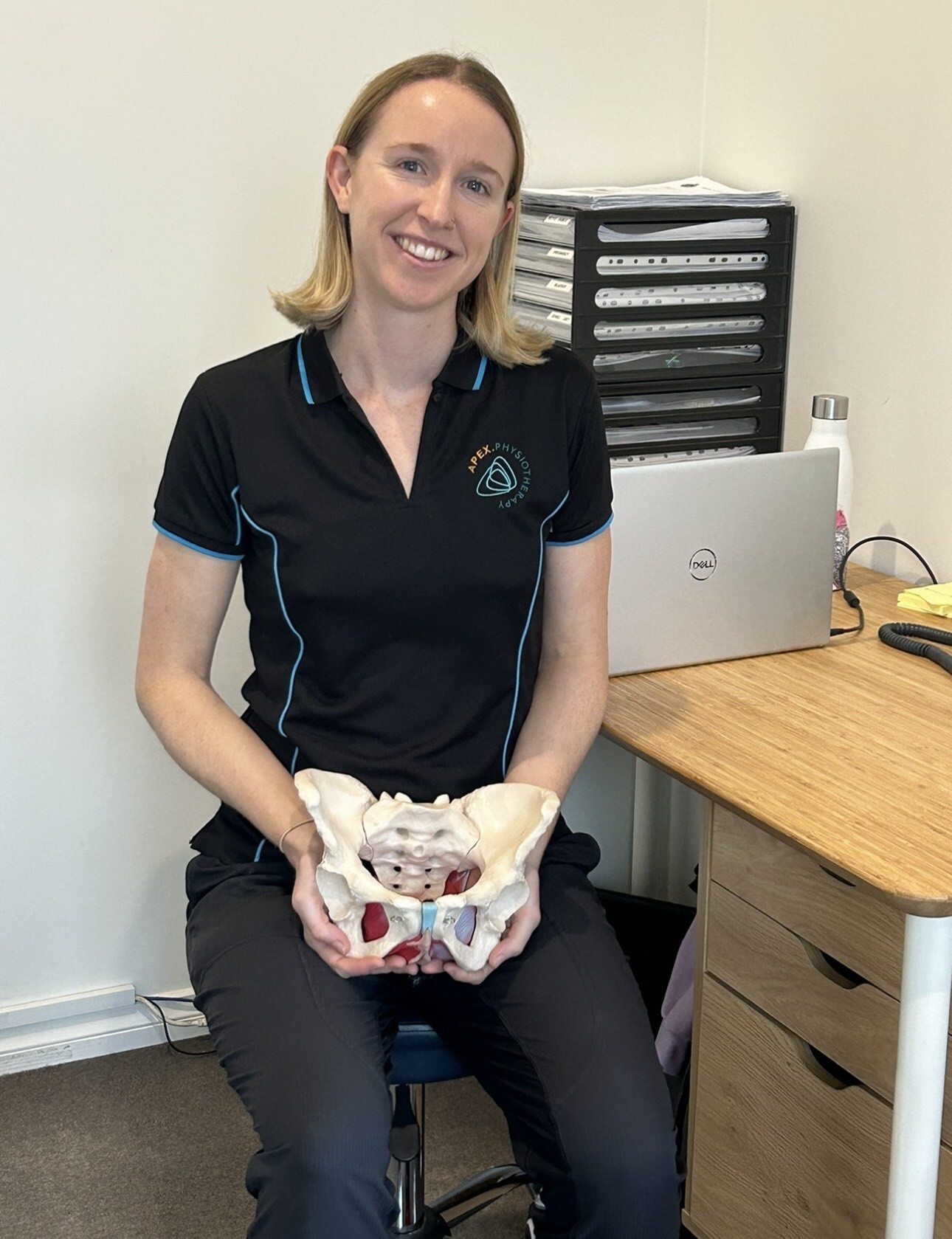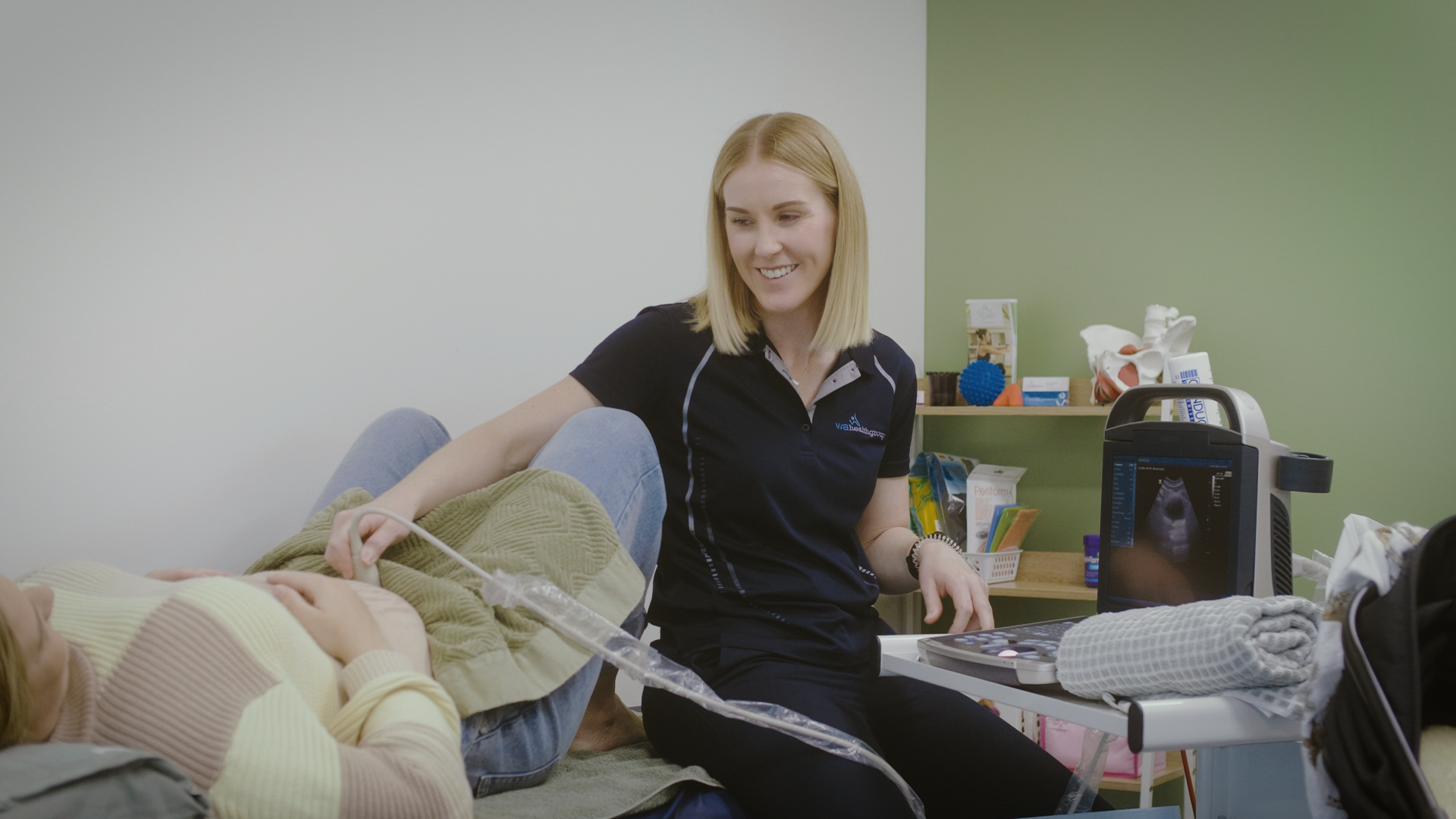99/103 Harris St, Bicton WA 6157, Australia
-1.png)
Welcoming a baby is a special time, and it often comes with physical changes. Our postnatal physiotherapists provide individualised care to support your recovery and help you return to comfortable movement at your own pace.
Whether you’ve had a vaginal or caesarean birth, our physiotherapists can assess your pelvic floor and overall function, provide guidance on safe exercise, and assist with strategies to support your postnatal wellbeing.
Many women notice a range of physical changes following pregnancy and childbirth. Physiotherapists can provide assessment, education, and individualised guidance to support recovery and help you move with confidence.
Physiotherapy may assist with:
Pelvic floor care — assessing and guiding strategies for managing weakness, heaviness, or leakage after birth
Abdominal muscle separation (diastasis recti) — providing exercises to promote tension and functional strength
Lower back, hip, or pelvic discomfort — offering techniques to support movement and comfort during recovery
Scar management — providing education and gentle techniques following a caesarean section or perineal stitches
Safe return to exercise — offering advice to help you gradually resume walking, lifting, gym, or Pilates activities
Education and reassurance — explaining postnatal changes, what’s typical, and when further assessment may be helpful


Every woman’s postnatal recovery is unique. During your first appointment, your physiotherapist will:
Discuss your birth experience, current symptoms, and personal goals
Assess posture, pelvic floor function, and core muscle activation
Develop an individualised plan to support safe movement and gradual return to activity
Provide education and guidance to help you understand and manage postnatal changes
Our approach focuses on supporting function, comfort, and confidence, helping you feel informed and empowered in your recovery journey.
Postnatal physiotherapy can be helpful whether you are six weeks postpartum or several months (or years) after giving birth. You may consider booking an appointment if you experience:
Pelvic discomfort or a feeling of heaviness
Ongoing abdominal separation
Bladder or bowel leakage
Pain with movement, lifting, or intimacy
Uncertainty about returning to exercise safely


Experienced physiotherapists with additional training in women’s health and postnatal recovery
Holistic care that considers your physical, emotional, and lifestyle needs
Collaborative team – we work closely with GPs, obstetricians, and other health professionals as needed
Private, supportive environment where you can feel comfortable and understood
1. How soon after birth can I start physiotherapy?
It’s safe to begin gentle postnatal physiotherapy once you’ve received clearance from your doctor or midwife, typically around six weeks postpartum. However, if you’re experiencing discomfort earlier, such as pain, swelling, or difficulty moving, you can book an appointment sooner for advice on safe positions and gentle recovery strategies.
2. How can I tell if my body is healing as expected?
It’s common for new mums to wonder what’s “normal.” A physiotherapist can help you understand the difference between expected postnatal changes and symptoms that need attention, such as ongoing pain, heaviness, or leakage. Seeking early advice can make recovery smoother and more comfortable.
3. Can postnatal physiotherapy help even if my baby is older?
Yes. Many women seek postnatal physiotherapy months or even years after giving birth. It can still help with core strength, pelvic floor function, posture, or lingering discomfort. Recovery and improvement are possible at any stage, and treatment is always tailored to your current needs.
4. Will my physiotherapist need to perform an internal assessment?
An internal pelvic floor assessment can provide valuable insight into muscle strength and coordination, but it is always optional. Your physiotherapist will explain the process in detail, and you can decide what feels comfortable for you. There are also external assessment options available if you prefer.
5. Can I bring my baby to the appointment?
Absolutely. Our clinics are family-friendly, and many new mums bring their babies along. Your physiotherapist will work around feeds, naps, and baby breaks so you can focus on your recovery comfortably.
6. How is postnatal physiotherapy different from general physiotherapy?
Postnatal physiotherapy focuses on the unique physical changes that occur during and after pregnancy. This includes assessing pelvic floor health, abdominal muscle recovery, and safe return to movement. The approach is gentle, functional, and specific to postpartum needs.
7. Do I need to stop physiotherapy if I’m breastfeeding?
No, breastfeeding doesn’t affect your ability to receive physiotherapy. Your therapist may adjust positioning or exercises for comfort, especially in the early months, but treatment remains safe and supportive.
8. What if I had complications during pregnancy or birth?
Your physiotherapist will take a full history before starting treatment and adapt all exercises to your specific situation. Communication between your physiotherapist, GP, or specialist ensures your care remains coordinated and appropriate for your health status.
9. Is it okay to do postnatal Pilates or group classes instead of one-on-one sessions?
Group classes can be beneficial once your body is ready, but one-on-one physiotherapy helps ensure you’re activating the right muscles safely before joining group exercise. Your physiotherapist can guide you on when it’s suitable to transition.
